Latest
Ramadan: A Time of Reflection, Fasting, and Spiritual Growth / Abdul Qadoos
Ramadan is one of the most sacred months in the Islamic calendar, observed by Muslims around the world. It is a time for fasting, prayer, reflection, and community. The significance of Ramadan goes beyond simply abstaining from food and drink; it is a month of deep spiritual renewal, a time to cultivate patience, compassion, and gratitude.
Fasting, or Sawm, is one of the Five Pillars of Islam, and during Ramadan, Muslims fast from dawn until sunset. The fast is not just about refraining from food and drink but also about abstaining from impure thoughts, harmful speech, and negative actions. It is seen as an opportunity for spiritual purification and self-discipline. The daily fast begins with a pre-dawn meal called Suhoor and ends with a meal called Iftar at sunset. During this period, Muslims focus on worship, reading the Quran, performing prayers (Salat), and engaging in acts of charity. The fast reminds Muslims of the struggles of the less fortunate and serves to increase empathy for those who do not have enough to eat.
The primary goal of Ramadan is spiritual growth. Muslims believe that the month offers an opportunity to strengthen one’s relationship with Allah and seek forgiveness for past mistakes. The fast is intended to increase one’s mindfulness of Allah’s presence and to foster gratitude for His blessings. Through this process, Muslims aim to purify their hearts, improve their character, and develop a stronger connection to their faith. Ramadan is also a time for reflection and self-examination. Many Muslims use the month to assess their lives, make positive changes, and work toward becoming better individuals. This internal journey is often complemented by acts of charity, where individuals give to those in need, further emphasizing the values of generosity and kindness.
The Quran, the holy book of Islam, was revealed during the month of Ramadan, making it even more significant during this time. Muslims believe that the Quran is a guide for life, offering wisdom, comfort, and guidance. During Ramadan, many Muslims aim to read or recite the entire Quran, reflecting on its teachings and applying them to their lives. The nightly prayers (Taraweeh) are often held in mosques, where the Quran is recited in full or in part, offering an opportunity for communal worship and connection.
Ramadan is not only about fasting and prayer but also about giving to those in need. Acts of charity, or Zakat, are highly encouraged during Ramadan. Zakat is one of the Five Pillars of Islam and refers to giving a portion of one’s wealth to the less fortunate. Many Muslims choose to increase their charitable donations during Ramadan, with some making large contributions to organizations that provide food, shelter, and medical care to those in need. Additionally, Ramadan fosters a sense of community and solidarity, as Muslims gather to break their fasts together during Iftar. These shared meals bring together family, friends, and neighbors, strengthening social bonds and fostering a sense of unity within the Muslim community.
The final ten days of Ramadan hold special significance, with the last ten nights being considered the most spiritually rewarding. Among these nights, one is believed to be Laylat al-Qadr (the Night of Decree), a night during which the Quran was first revealed to the Prophet Muhammad (PBUH). It is considered the holiest night of the year, and Muslims believe that prayers made on this night are especially powerful and will be answered by Allah. Many Muslims spend the last ten nights in intense worship, prayer, and reflection, seeking the blessings and mercy of Allah.
The conclusion of Ramadan is marked by the celebration of Eid al-Fitr, a joyous holiday that marks the end of the month of fasting. The day begins with a special prayer, followed by gatherings with family and friends, feasts, and the exchange of gifts. Muslims also give Zakat al-Fitr, a form of charity, to ensure that everyone can participate in the celebrations, regardless of their financial status. Eid is a time of gratitude, reflection, and joy, as Muslims celebrate the successful completion of a month of fasting and spiritual growth.
Ramadan is a time of profound spiritual significance for Muslims. It is a month that encourages self-discipline, compassion, reflection, and gratitude. Through fasting, prayer, reflection on the Quran, and acts of charity, Muslims aim to strengthen their faith and improve their connection with Allah. The end of Ramadan, marked by Eid al-Fitr, is a joyous celebration that recognizes the personal growth and collective unity achieved throughout the month. For Muslims, Ramadan is more than just a religious obligation – it is a transformative experience that fosters spiritual renewal, personal growth, and compassion for others.


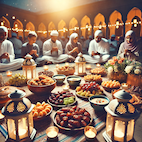



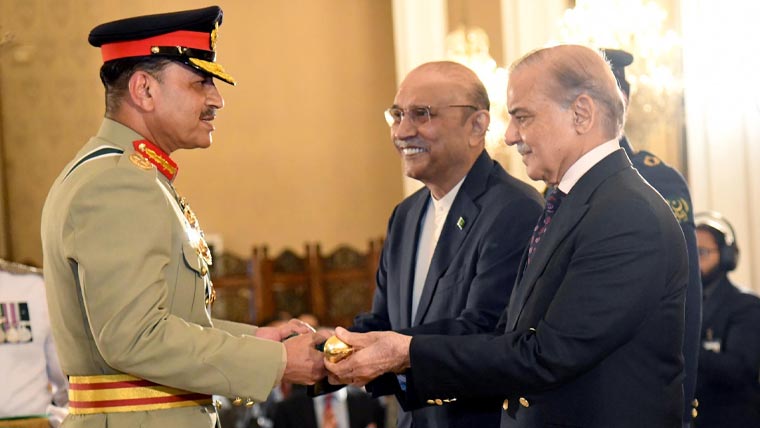
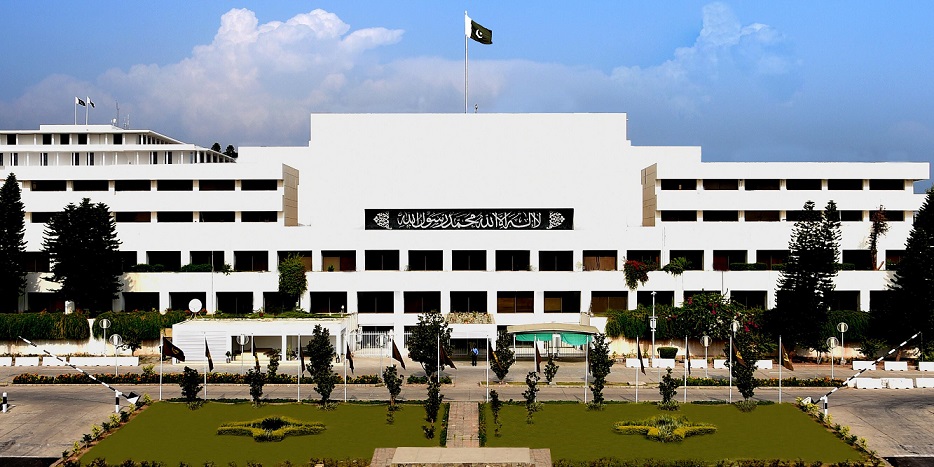



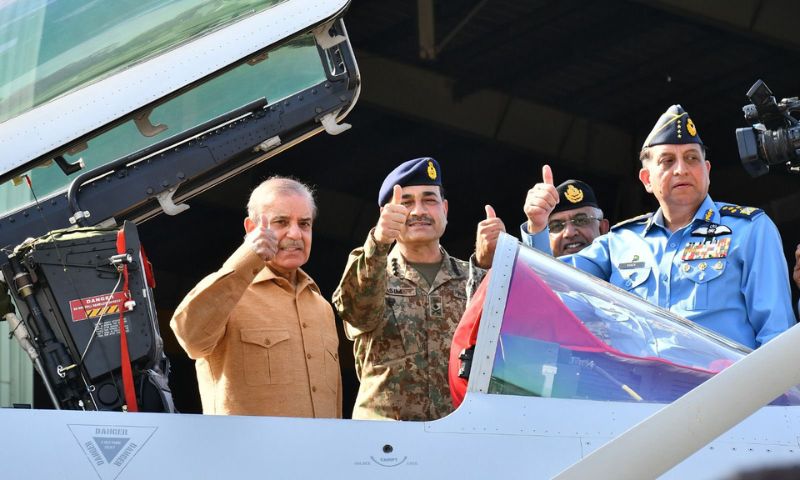
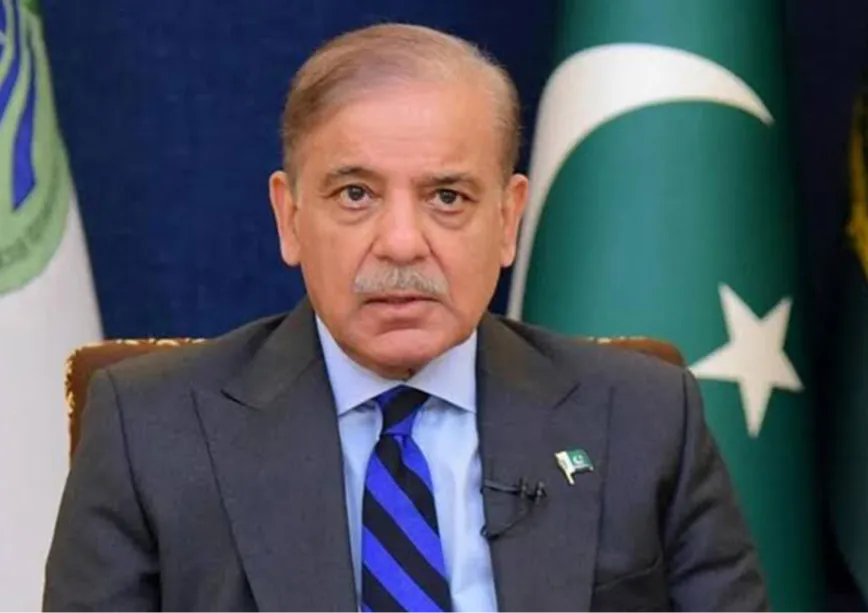









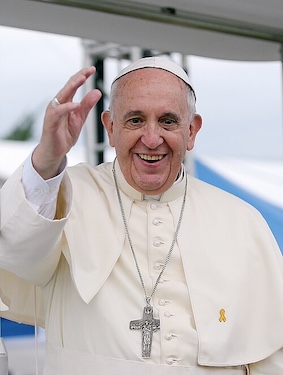
Facebook Comments